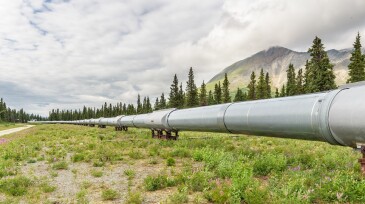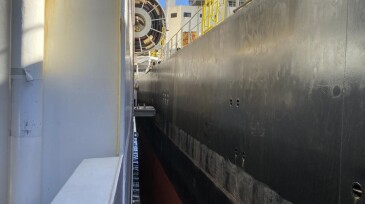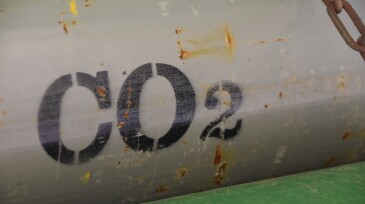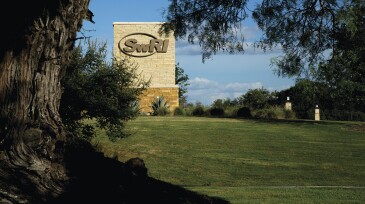HSE & Sustainability
A DNV report on decarbonization says the Middle East and North Africa region is expected to become the world’s largest hydrogen exporter by 2060 while maintaining a dominant position in global oil and gas markets.
The planned facility was designed to process 34 MMcf/D of associated gas into fully refined gasoline.
The newly named MTS brings together the full methane ecosystem, end to end—connecting technology, data, operations, and assurance across upstream, midstream, and beyond.
-
This marks the first time the Federal Energy Regulatory Commission (FERC) has formally incorporated environmental justice considerations into one of its policies, making environmental justice a matter to be considered systematically in FERC proceedings for certificates of public convenience and necessity.
-
A study in North Dakota found that respiratory illness increased as far as 60 miles away from flaring of natural gas.
-
From 2013 to 2018, the number of terrestrial and marine spills reported in Trinidad and Tobago trended upward. The country’s Ministry of Energy and Energy Industries assessed its National Oil Spill Contingency Plan (NOSCP) with the Readiness Evaluation Tool for Oil Spills and identified gaps in national legislation, risk management, logistics, training and exercises, …
-
Virtue signaling alone is not a viable strategy to deal with climate issues. However, virtue signaling best leads to “virtuous” behavior. A company motivated only by appearances will face forces to keep up appearances. As firmer pressure teed up, voluntary corporate and national commitments to net-zero emissions have grown exponentially.
-
The DS-16 is one of four Valaris rigs undergoing reactivation work for new drilling contracts.
-
The organization, formerly known as the Oil and Gas Technology Centre, will run its Open Innovation Programme starting on 16 March, focusing on seven technology areas.
-
A new generation of detectors will be many times better at tracking discharges of the dangerous greenhouse gas.
-
The energy transition and digitalization transition are not to be feared. While the rate of change will accelerate, very little of true value will be lost and the transitions instead offer a variety of incremental opportunities, especially for members of the production and facilities community.
-
Storing captured carbon requires a receptacle, and existing reservoirs are just the thing. But which ones?
-
Oil producers encountering pockets of methane typically use flare stacks to burn off the vented gas. However, winds blowing across conventional open flame burners often result in 40% or more of the methane escaping into the air.













